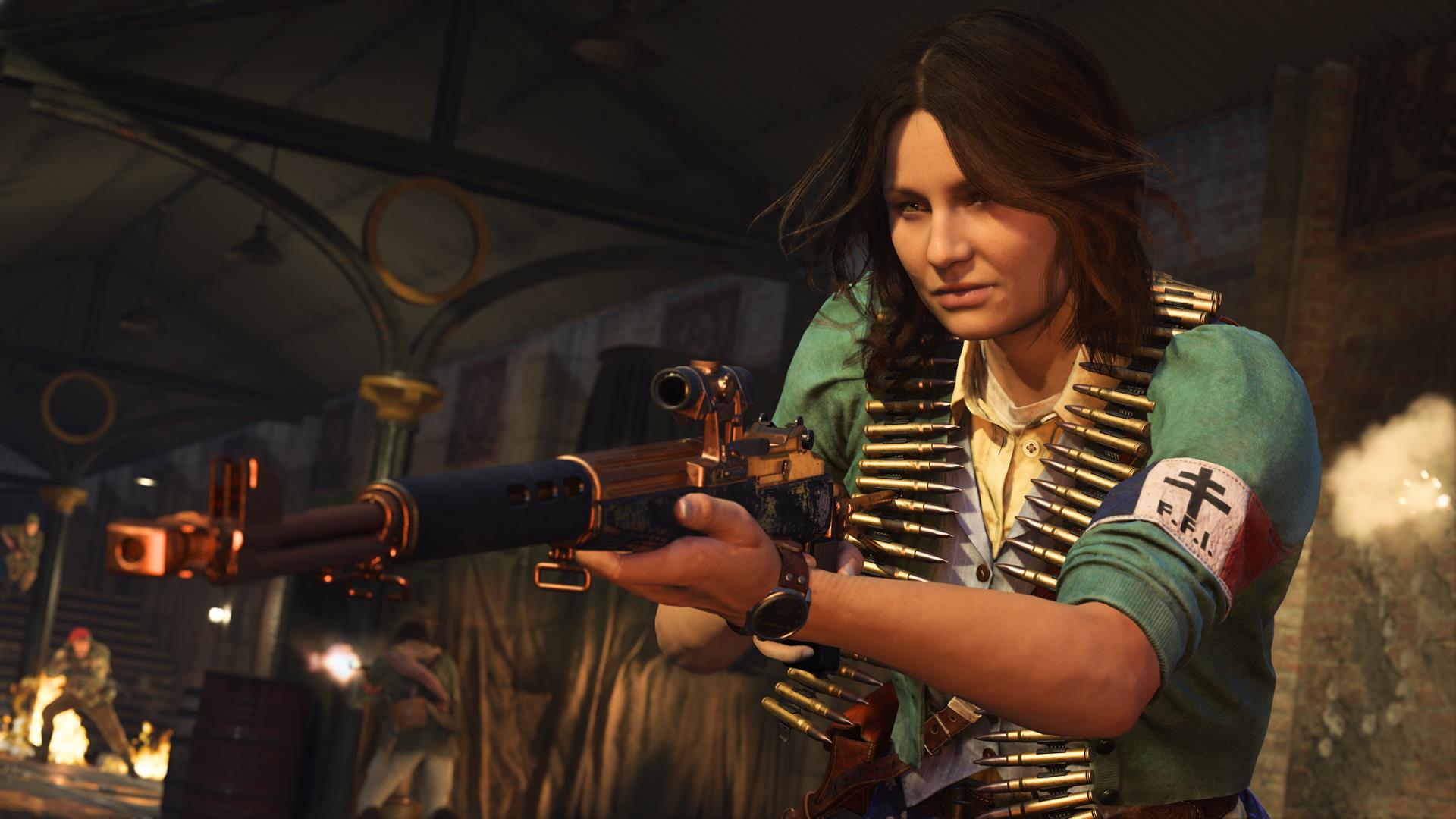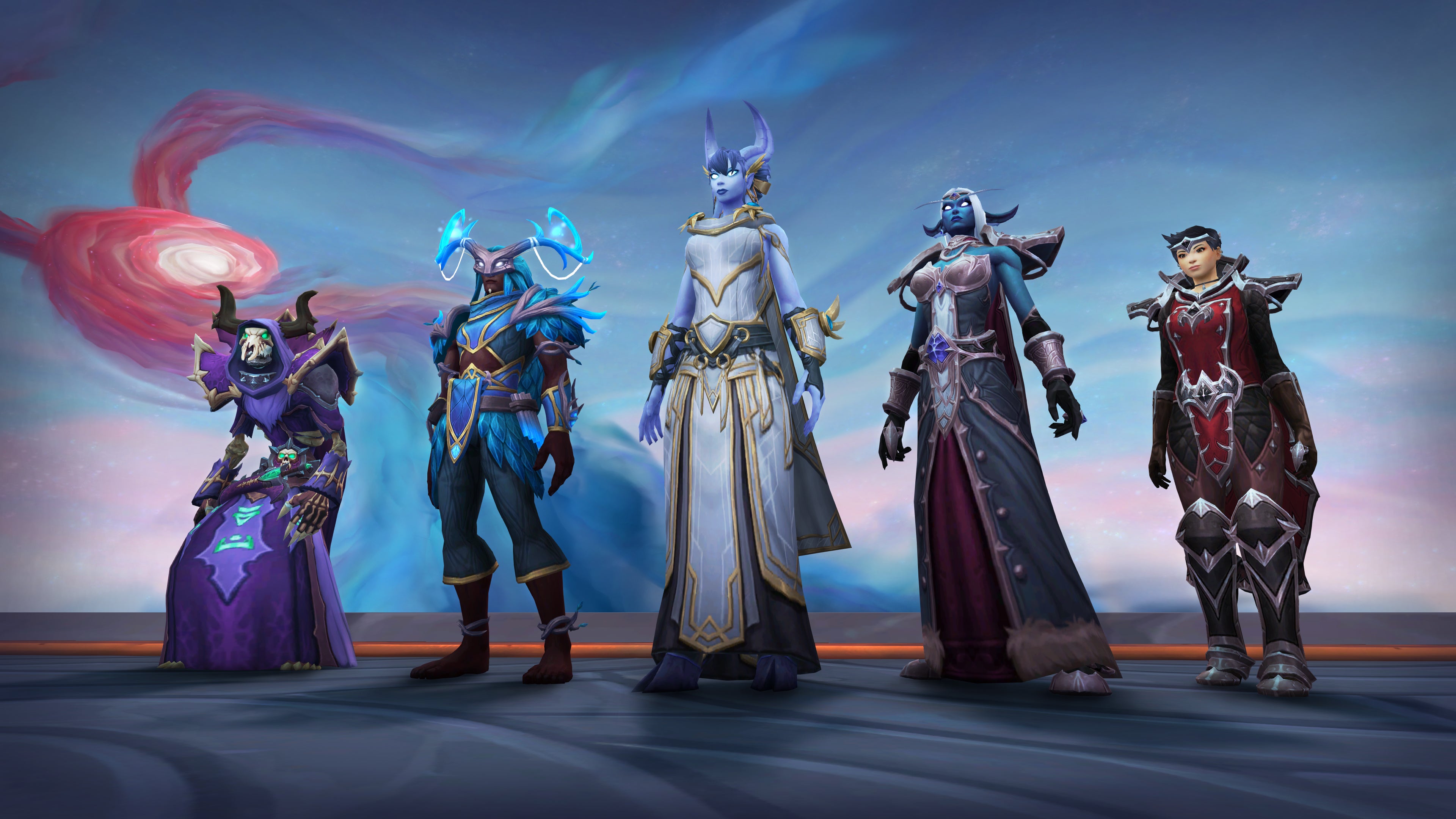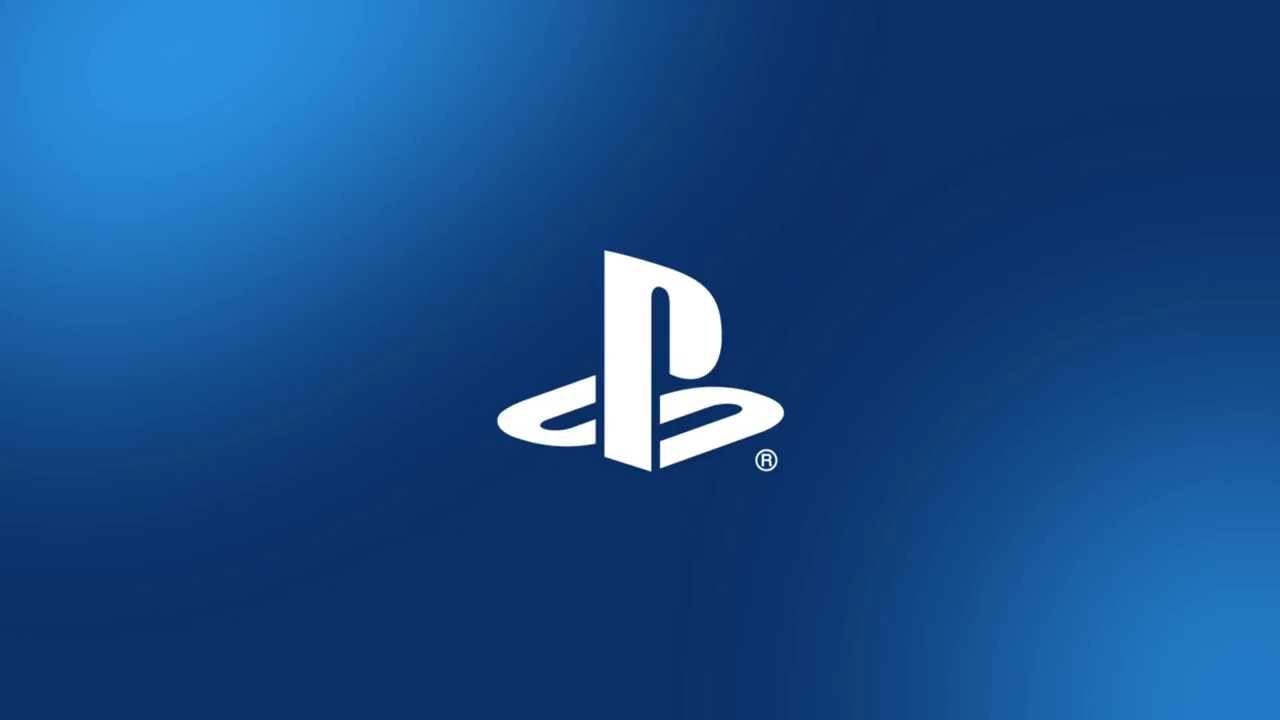Activision Blizzard is also a company embroiled in lawsuits and ongoing conflict with its employees, and has had its reputation seriously harmed due to a sexual misconduct scandal. I am a business journalist, and there’s a lot to discuss here in terms of industry consolidation, workplace practices and business models. But if my Twitter feed is anything to go by, there are a lot of buring questions from gamers, too – particularly around what this means for the future of Call of Duty, and how PlayStation might react to this industry-changing announcement. It’s a bit too early to know the answers to these. But we can make some educated guesses based on what each company is saying. So let’s get to it.
Why is Microsoft doing this?
Whenever you talk to Microsoft, you’ll hear execs and marketing types talk about the ‘billions’ of gamers that it wants to reach. Considering its consoles have never even cracked 100 million sales – and indeed, only a few consoles have ever reach that level – the company has to think beyond the console to do this. That involves being big in PC, big in mobile, and big in countries outside of the US and Western Europe. It involves making console games more accessible and more affordable. That’s why it’s building up Game Pass, and it’s why it is trying to make games streaming work, and it’s why it’s buying all these games and studios, and investing heavily in technology and cloud gaming. Lots of people will focus on Call of Duty, for obvious reasons. It’s one of the biggest games brands in the world. But in Blizzard, Microsoft has a major PC games studio, and in King, it would own one of the most successful mobile gaming developers out there. Activision – even more than Bethesda – gives Microsoft the creative talent and content that it needs to make what it’s doing with subscriptions, streaming, and technology reach those ‘billions’ of players. That’s its goal.
Is it a good thing?
Big consolidation of games companies can lead to concerns over creativity and opportunities. But there are also potential positives. Activision Blizzard will likely have a bit more freedom to spend longer on their games, and will no longer feel the pressure to have to release big sequels to their franchises regularly. For those gamers concerned about Blizzard’s recent output, being part of the Microsoft family might just give them the space they need to get back to its best.
Is this a monopoly?
There will inevitably be some questions that Microsoft will need to face around this deal. Antitrust and monopoly laws are designed to stop one company becoming too dominant, and putting them in a situation where they basically control the market. Xbox is now certainly a massive gaming powerhouse in this regard, owning some of the biggest and most profitable titles in games. It has the power to really transition the business towards a subscription-based future. However, the games industry is huge, and there are lots of big players out there. Xbox may have a number of big IP and developers, and operates across most major platforms. But it isn’t the biggest console games company out there – that’s Nintendo and Sony. On PC, it’s a long way from challenging Valve. And on mobile, King may be a major player, but there are other significant names out there, such as Zynga. But those are just the traditional games companies. Facebook’s investment in the Metaverse, Epic Games has Fortnite, there’s Roblox, Google with Stadia, Apple on mobile, and even Netflix and its games expansion. There is a lot of games competition out there right now. It’s never as simple as all that, but there’s a lot of reasons to suggest that Xbox isn’t a monopoly in games. Not yet, anyway.
Will Call of Duty be exclusive to Xbox?
No. Call of Duty will definitely remain on Xbox, PC and smartphones. The real question is: will Microsoft stop Call of Duty coming out on PS5? Possibly, but not definitely. Call of Duty is a global, mass-market games brand that extends well beyond one platform. In many ways, it’s not too dissimilar to Minecraft, which is a true multi-format video game that Microsoft also operates. Taking Call of Duty off PlayStation will boost Xbox console sales, but will likely hurt Call of Duty in the process – that series has a lot of fans on Sony’s console. Xbox may well decide that there’s a lot of value in having a major game on a competitor’s console. Yet, you could argue the same thing is true with Elder Scrolls, and Microsoft has made it clear that the next game in the series will be an Xbox exclusive.
What about Call of Duty: Warzone?
This has an active and engaged audience on PlayStation already, and as a free-to-play title, the whole point is making it as accessible as possible. So in this case, I would be very surprised if Warzone disappeared from PS5. Just as I would be surprised if Elder Scrolls Online suddenly went Xbox exclusive.
Will World of Warcraft come to Xbox?
It’s possible, but then it always was. Microsoft’s acquisitions are not purely about Xbox consoles. In fact, they’re mostly about driving the Game Pass subscription service, which is on PC. Microsoft has some popular PC titles like Age of Empires and Flight Simulator, but Blizzard takes that up another level. The real thing for Microsoft here would be to incorporate an IP like Warcraft into its existing PC Game Pass subscription service.
Can Xbox fix Activision Blizzard’s workplace issues?
You have to hope so. Microsoft isn’t perfect, but it has been vocal in its efforts to be a more inclusive, welcoming and diverse business. It’s not saying much, but the Xbox management team is one of the most diverse in the games industry, and it’s rightly proud of that. It’s worth noting, however, that Microsoft has a ’limited integration strategy’, which basically means it buys companies, offers them help, but ultimately leaves them to operate how they want. The thinking is that if they go in and meddle too much, it risks damaging what made it successful in the first place (and Xbox has certainly made those mistakes before). This strategy started with the acquisition of Mojang, and it’s worked very well for it so far. It’ll be on Activision to ask for help from Microsoft. And I suspect it will. Workplace culture doesn’t change overnight. New processes take time to bed in. Bad apples need to be moved on and replaced by the right people. Microsoft could certainly help, but it’ll take time.
Should PlayStation buy Take-Two/EA/Ubisoft?
This depends on what PlayStation wants to achieve. The reason Xbox needs these studios and these games isn’t purely to sell more consoles, but to grow its subscriber base in Game Pass and reach new markets. Sony already has a successful console platform, a strong base of studios making great games, and it’s currently popular in far more markets than Xbox. But it is facing competition, not just from within games but outside, too. And if it wants to fend off these rivals, or even compete better with new concepts like Game Pass, it may need to keep acquiring. And PlayStation has been acquiring companies. These acquisitions may not be on the same industry-shaking level as Activision or Bethesda, but this is the games industry we’re talking about… who can say where the next smash hit will come from? It could be a big studio like Infinity Ward, or an entirely new start-up. Sony has been investing a lot in new teams over the past 12 months. Last year it signed the first game from Deviation Games (ex-Call of Duty veterans), Firewalk Studios (ex-Destiny folks) and Haven Studios (former Assassin’s Creed devs). Maybe this generation’s big hit video game will come from one of them, rather than an established player. But watch this space. We are in a world of rapid consolidation. Maybe next week we’ll hear that Sony is buying Ubisoft. Or Facebook is buying Sony. Or Netflix. The games industry is changing quickly.
Who is next?
Potentially anybody. We can all see how attractive a company like Sega might be to Xbox, or Square Enix to Sony. There are plenty of people looking to buy, the question is who might want to sell? Take-Two, Ubisoft and Nintendo have all previously stated that they are not for sale. But things change. Ubisoft is currently struggling to keep staff following a number of workplace scandals, and its games and business practices are coming under criticism. It may have famously fought off a hostile takeover before, but might it be more open to an amicable takeover now? What I can say, is that we’re less than three weeks into 2022 and we’ve already had two of the biggest games acquisition in history (the other being Take-Two/Zynga). There will be more.


